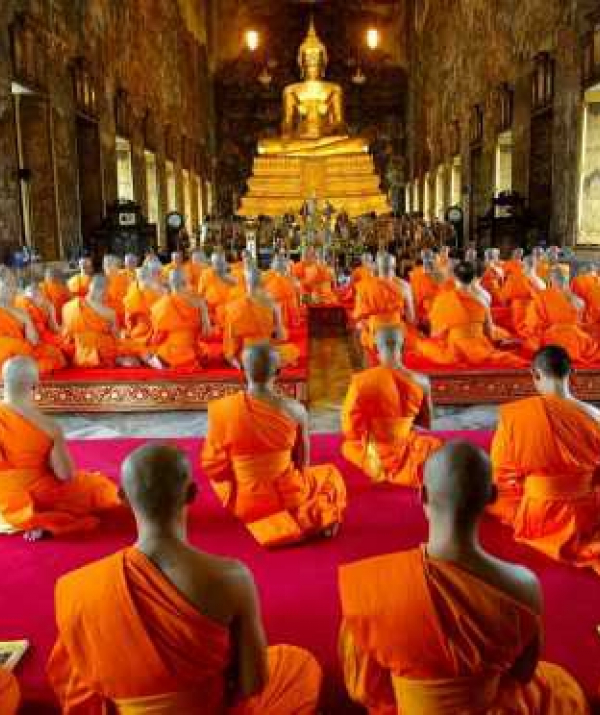Không nên nhìn lỗi người, người làm hay không làm.Nên nhìn tự chính mình, có làm hay không làm.Kinh Pháp cú (Kệ số 50)
Hãy nhớ rằng hạnh phúc nhất không phải là những người có được nhiều hơn, mà chính là những người cho đi nhiều hơn. (Remember that the happiest people are not those getting more, but those giving more.)H. Jackson Brown, Jr.
Chớ khinh tội nhỏ, cho rằng không hại; giọt nước tuy nhỏ, dần đầy hồ to! (Do not belittle any small evil and say that no ill comes about therefrom. Small is a drop of water, yet it fills a big vessel.)Kinh Đại Bát Niết-bàn
Nếu bạn không thích một sự việc, hãy thay đổi nó; nếu không thể thay đổi sự việc, hãy thay đổi cách nghĩ của bạn về nó. (If you don’t like something change it; if you can’t change it, change the way you think about it. )Mary Engelbreit
Hãy tin rằng bạn có thể làm được, đó là bạn đã đi được một nửa chặng đường. (Believe you can and you're halfway there.)Theodore Roosevelt
Điều quan trọng không phải là bạn nhìn vào những gì, mà là bạn thấy được những gì. (It's not what you look at that matters, it's what you see.)Henry David Thoreau
Sống trong đời cũng giống như việc đi xe đạp. Để giữ được thăng bằng bạn phải luôn đi tới. (Life is like riding a bicycle. To keep your balance you must keep moving. )Albert Einstein
Chúng ta không làm gì được với quá khứ, và cũng không có khả năng nắm chắc tương lai, nhưng chúng ta có trọn quyền hành động trong hiện tại.Tủ sách Rộng Mở Tâm Hồn
Bạn nhận biết được tình yêu khi tất cả những gì bạn muốn là mang đến niềm vui cho người mình yêu, ngay cả khi bạn không hiện diện trong niềm vui ấy. (You know it's love when all you want is that person to be happy, even if you're not part of their happiness.)Julia Roberts
Bậc trí bảo vệ thân, bảo vệ luôn lời nói, bảo vệ cả tâm tư, ba nghiệp khéo bảo vệ.Kinh Pháp Cú (Kệ số 234)
Khởi đầu của mọi thành tựu chính là khát vọng. (The starting point of all achievement is desire.)Napoleon Hill
Trang chủ »» Danh mục »» TỦ SÁCH RỘNG MỞ TÂM HỒN »» none »» Introduction to the Sangha, or community of disciples »»
 Xem Mục lục
Xem Mục lục  Vietnamese || Đối chiếu song ngữ
Vietnamese || Đối chiếu song ngữ

DO NXB LIÊN PHẬT HỘI PHÁT HÀNH
Mua sách qua Amazon sẽ được gửi đến tận nhà - trên toàn nước Mỹ, Canada, Âu châu và Úc châu.
Quý vị đang truy cập từ IP 216.73.216.157 và chưa ghi danh hoặc đăng nhập trên máy tính này. Nếu là thành viên, quý vị chỉ cần đăng nhập một lần duy nhất trên thiết bị truy cập, bằng email và mật khẩu đã chọn.
Chúng tôi khuyến khích việc ghi danh thành viên ,để thuận tiện trong việc chia sẻ thông tin, chia sẻ kinh nghiệm sống giữa các thành viên, đồng thời quý vị cũng sẽ nhận được sự hỗ trợ kỹ thuật từ Ban Quản Trị trong quá trình sử dụng website này.
Việc ghi danh là hoàn toàn miễn phí và tự nguyện.
Ghi danh hoặc đăng nhập